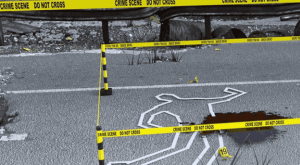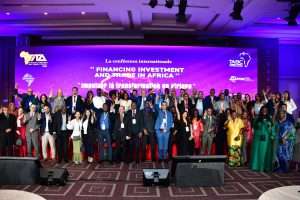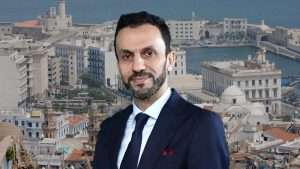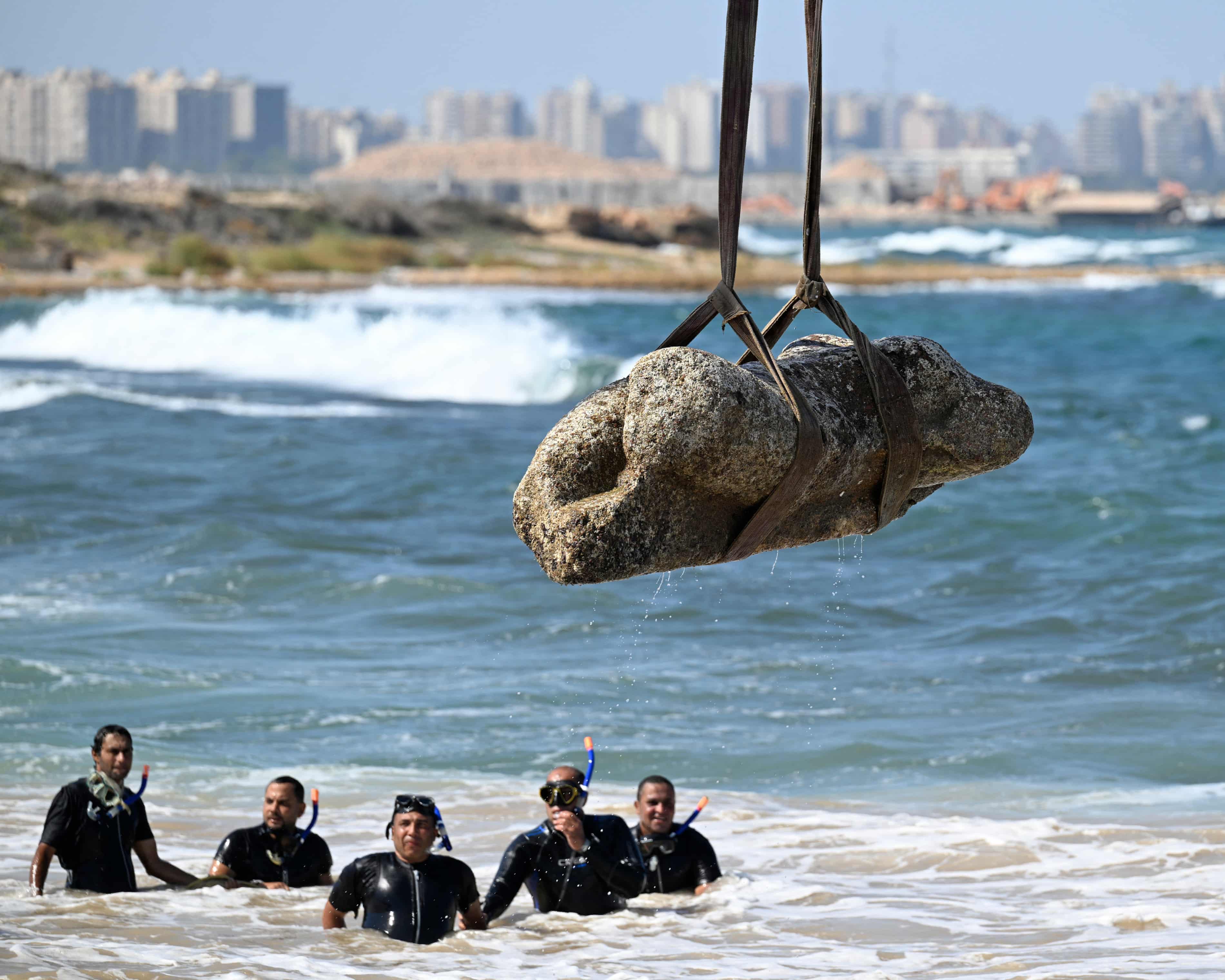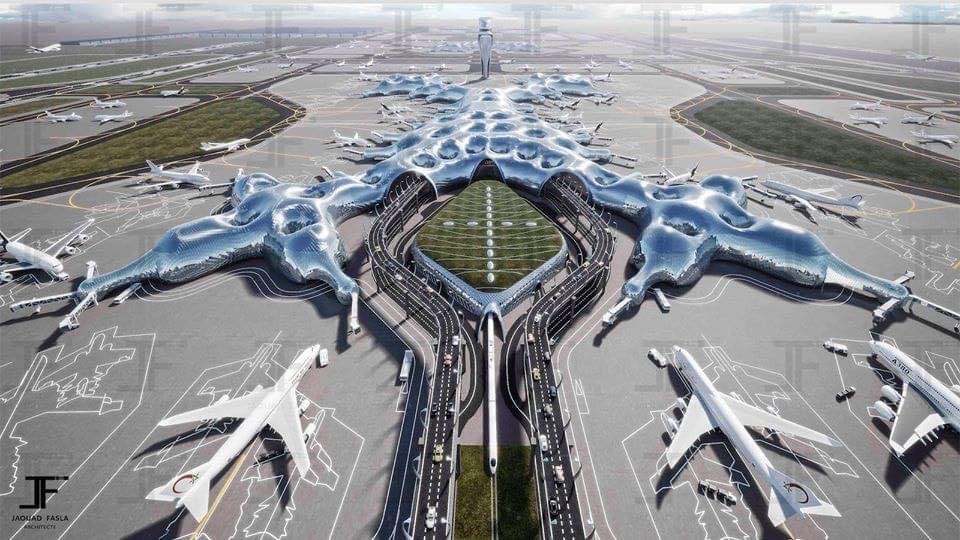Mustafa Fetouri: US still is clueless in Libya

The West’s meddling in Libya and deciding how and when the country will move forward with its elections is down to the country’s leaders. But the real problem is that Washington doesn’t really have a clear vision. So what now?
It is 12 years since the so-called Arab Spring visited Libya and ended the late leader Muammar Gaddafi’s government, plunging the country into chaos, violence and civil war. The promise back in 2011 was that Libya would become a flourishing oasis of stability, peace and democracy on the southern shores of the Mediterranean. With its vast oil and gas resources, it was thought that the country could make huge strides towards rebuilding and modernisation. However, none of that has happened, and Libya is worse than it has ever been throughout its sixty plus years as an independent state.
To celebrate the anniversary on 17 February, a couple of musical concerts where organised by the Government of National Unity in Tripoli. It is said to have spent lavishly on the celebrations in an attempt to cheer the public up and divert attention away from the hardships that ordinary Libyans face every day. The reality is that their lives, despite rising up in 2011 for better standards and an even better country, have been getting worse every year since.
I have reviewed hundreds of social media posts and asked numerous individuals, from all walks of life, about how they live and how Libya is doing 12 years after Gaddafi’s murder. The near-unanimous answer is “badly”. Most people uttered the word with pain and frustration. The same answer is repeated across Libya even in places that did not support Gaddafi and participated in the NATO military intervention that led to civil war.
READ AU chief upbeat about Libya reconciliation summit
Leaving aside people’s complaints about high prices, lack of security, militia dictators, power shortages — particularly in the summer months — lack of freedoms, stolen elections, corrupt institutions, corrupt government and the threat of arbitrary arrest — all of which are a daily fact of life in Libya — ask people about Libya as a state. The answer is even more painful, as most believe that it is an ungovernable divided country; that its sovereignty is violated constantly; and that its passport is not respected. It’s a fact that Libyans struggle if they have to travel to neighbouring countries. The struggle becomes even more difficult when they have reason to travel to Europe. In the old days, a Libyan citizen would be likely to get a Schengen visa in Tripoli in less than two weeks. Now it could take up to three months, and applications have to be made in neighbouring Tunisia as most European diplomats left Tripoli years ago and never returned.
For the politicians and other officials the situation is completely different. Parliamentarians, ministers, top ranking bureaucrats, members of the Higher Council of State (consultative body) are living a rather luxurious life while they blame each other for the misery of ordinary Libyans. When they are finished blaming one another they turn on “foreign” bogeymen that make it hard for them to agree on anything of substance to move the country forward.
Nevertheless, politicians, top officials, militia leaders and ordinary people agree on one thing: foreign intervention is making the situation worse every day. Ordinary citizens believe that all foreign meddling in Libya’s affairs is bad, but politicians are selective. Depending on their political affiliations some blame Russia, Egypt and United Arab Emirates, while others blame Turkey and Qatar for preventing any progress towards stability and democracy.
One such high-ranking politician in Tripoli spoke to me on condition of anonymity. He too attributes all of Libya’s ills to foreigners, which he dubbed the “bogeymen”. He thinks that the worst of them is the “American bogeyman” because you never know what he wants. He said despite talking to the Americans many times he “never fully understood” what they want. Indeed, the US is a major player in everything in Libya. It has a say in what should happen, including who should or should not contest the presidential election.
Many people, including this anonymous politician, believe that the US was the “force majeure” that led to the shelving of last December’s elections simply because Washington believed that Saif Al-Islam Gaddafi would have won it. I asked my anonymous interviewee how to get out of this dilemma. He replied, “We wait.” I pressed him further: wait for what and for how long? He smiled and said, “Wait for the Americans to make up their mind.” I asked why someone in parliament and the Higher Council of State, and the millions of Libyans who registered for elections, must wait for the US to decide when and how elections should be organised and who can stand for president. According to him and many other politicians, keeping the foreign “bogeymen” happy is essential for Libya to move forward; it is dependency on others in its best manifestation.
READ Analysis: The future of Turkey’s role in Libya
Indeed, Stephanie Williams, the previous UN Advisor on Libya, told me last summer that Libya suffers from “external interference” and its politicians court such influence at night while blaming it during the day.
The fact that foreign countries are interfering in Libya is a reality, and has been since the crisis first erupted in 2011. However, for other countries to have a say in something that should be an internal matter is because “our politicians wanted that,” claimed political commentator Hussein Ahmed. He thinks our “cheeky politicians” have made Libya a proxy for others in politics as well as in war.
Turkey, for example, has deployed its own forces and Syrian mercenaries in different locations in western Libya in support of the Tripoli government. Russian fighters from the Wagner Group and African mercenaries are in positions in eastern, southern and central Libya supporting General Khalifa Haftar. But it is the Libyan politicians who made that possible. In November 2019, Tripoli’s previous government signed a security deal with Ankara allowing Turkish forces on Libyan soil. Before that, Haftar, who is the de facto ruler in eastern and parts of southern Libya, welcomed the Russians and other hired guns into areas under his control.
What is left of our sovereignty, as a country, is an “empty shell,” said Ahmed. Libya today is like an occupied country with very little in terms of the ability to make its own decisions to serve and protect its interests and those of its people.
Is there any hope that this can change? My anonymous friend thinks not, unless the Libyan people rise up again in a real “revolution” and wipe out all forms of corruption once and for all.
The author is a respected commentator who regularly writes on Libya This piece was originally published by MEMO.
The views expressed here do not necessarily reflect those of Maghrebi.org but we do nonetheless encourage freedom of expression and even the ‘right to reply’. If you want to contribute to the Opinion section, feel free to send your article to opinion@maghrebi.org with a detailed bio including a twitter handle at the end of the piece.
Want to chase the pulse of North Africa?
Subscribe to receive our FREE weekly PDF magazine










